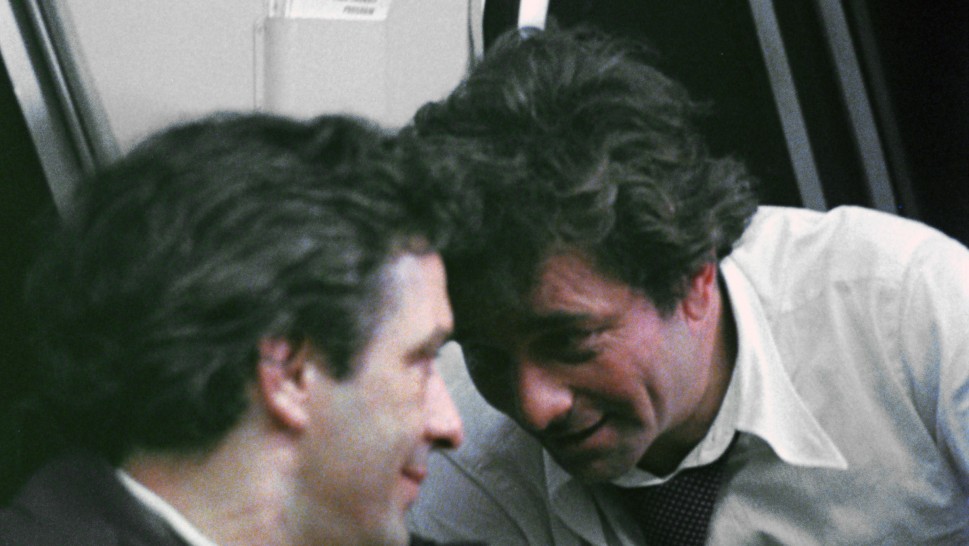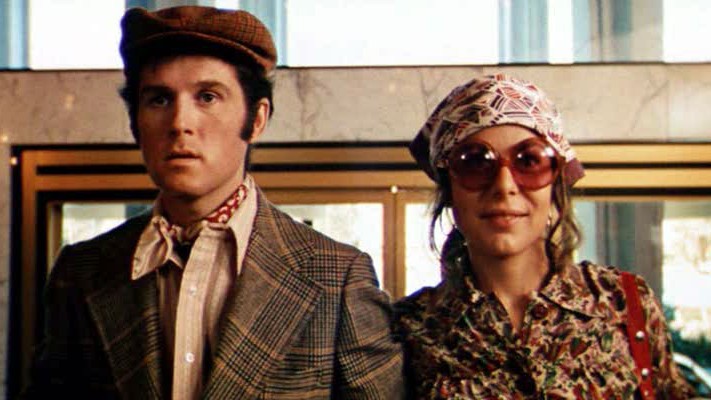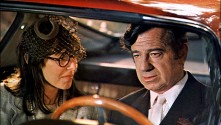


The Comic Vision of Elaine May
The extraordinary films and career of Elaine May (b. 1932) defy easy classification. One of the only woman filmmakers active in postwar Hollywood since Ida Lupino – and, like Lupino, also an accomplished actress – May had to fight at almost every step against an increasingly obstructionist studio establishment in order to direct the four remarkable features that have cemented her reputation as a willful iconoclast, unyielding perfectionist and brilliantly original artist. While May’s first two films – A New Leaf and The Heartbreak Kid – together won her acclaim as a director of comedies, both effectively challenged traditional audiences and expectations for American film comedy with their distinctly unflattering portraits of incurably self-absorbed characters willing to sacrifice anything or anyone – even their newly-wedded spouses – to live out their selfish and quixotic dreams of success. Updating the Thirties screwball comedy of remarriage for the Seventies age of the anti-hero, the films strike an unusual balance between the abrasive and the affectionate by rendering their rakish lout protagonists as strangely vulnerable and sympathetic, cracked emblems of human vanity and foible. May’s next films were brave risks that each took unexpected, often controversial, turns away from her earlier work – first the dark and caustic deconstruction of the gangster film, Mikey and Nicky, and then the gleefully trenchant satire of American foreign policy and cockeyed optimism, Ishtar, whose infamous box office failure seems to have forced an effective and woefully premature end to May’s filmmaking career to date.
Born into a family of stage actors, May first found fame in partnership with her University of Chicago classmate Mike Nichols when they formed the wildly successful and influential comedy team Nichols and May. The toast of radio, television and eventually Broadway during their seven years together, Nichols and May helped shape the course of contemporary stand-up comedy with hilarious improvisatory skits that playfully captured the absurdity of life in an increasingly bureaucratized, professionalized and sanitized society. A highly gifted and prolific writer, May quickly distinguished herself as a writer and director of such impressive plays as Death Defying Acts (1995) and Not Enough Rope (1962) that matched her mordant wit with dark satire. The resolute independence of vision and voice embodied by May’s comedic and theatrical work immediately defined her subsequent career as a filmmaker and placed her in inevitable and frequent conflict with the hierarchical creative process favored by Hollywood. Channeling the lightening quick comedy of her stand-up work and the elegantly taut structures of her plays, May’s films cut deep against the grain of the mainstream cinema by wielding sharp-edged humor and unusual caricature to offer a biting yet richly ambiguous critique of masculinity, social mores and politics. Although May’s adamant refusal to compromise may have fixed an inevitable expiration date on her filmmaking career, her four films continue to enrich the American cinema immeasurably by remaining always at the cutting edge, ahead of their time and still ahead of ours. – Haden Guest
The Harvard Film Archive is proud to welcome Elaine May for a celebration of her films.












